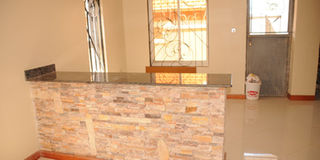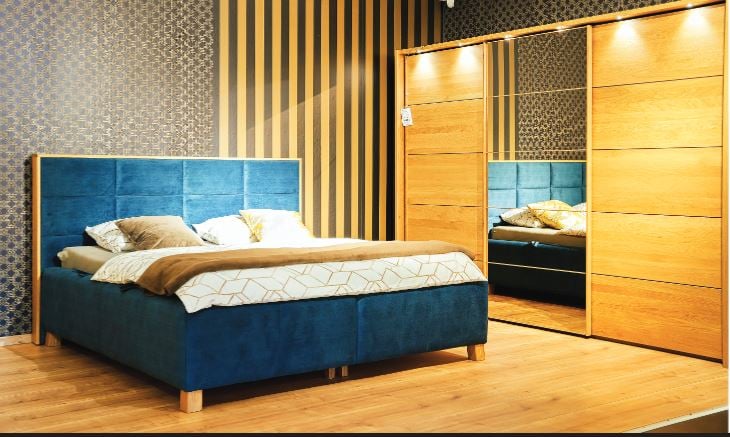Prime
Building materials: To import or buy locally, which option could be cheaper?

Building materials abroad are cheaper but the costa and risks involved while importing makes it an unattractive alternative Photo By Faiswal Kasirye
With prices of building materials going through the roof every day that passes, potential builders are faced with a dilemma on how to procure quality materials at cost-friendly prices. Opting to import materials instead of buying locally them could greatly cut down one’ costs but it is not without kinks.
Various avenues can be explored to cut costs, and still come up with a durable finished project.
One of the avenues that have been touted is importing building materials, instead of procuring them locally.
Dr Umaru Bagambadde, the Dean of the School of Engineering, Makerere University, says importing building materials can best apply when they are not available on the local market.
“Finishing materials such as tiles are scarce on the local market and it may be cheaper and better to import than buy locally,”Mr Bagambadde.
Florence Kalyango, a dealer in plumbing materials, says the size of the building project determines whether a potential builder can either buy materials locally or look into importing.
“A major construction project means that more building materials will be used and it can be expensive to buy such materials locally because you will have more toilets and washrooms with bigger construction projects like arcades,” says Ms Kalyango.
Involves risks
Gabula Richard, an importer of glasses and tiles, says the major challenge of importing building materials are the risks, expenses and time the process takes, from the point of making an order to the assortment of materials being delivered at a building site at home.
However, Mr Gabula adds that he would not advise a potential builder to prefer importing to procuring materials locally.
Mr Gabula notes that apart from sand and cement, most of the building materials that are used on Uganda’s construction sites are imported.
Patnerships
To downsize on the high expenses that might be incurred during the importing process, Gabula proposes that potential builders can form partnerships and foot the bills as a group, lessening the costs on particular individuals.
“For example, an average standard house requires about 80 sq of glass but a [Trailer] Container carries about 2,500 sq of glass making it unrealistic for one to import as an individual,” says Gabula.
Gabula notes that there are specific building materials that are cheaper to import than buying locally, adding that it is less hectic if the potential builder is a supplier or engages such services.
According to Gabula, sanitary ware can also be imported at a cheaper price than procuring locally.
Differences in prices
“A bath tab can be bought at around $35[Shs 75,000] compared to the Ugandan market where a bath tab can cost around Shs300,000. For the stage of fitting doors, mahogany doors can be imported at around $ 25 while each can cost around Shs300,000 locally,” says Gabula.
Gabula notes that though shopping building materials is cheaper abroad, the shipping costs and apparent risks make the venture unattractive.
“It is impossible to import a container of glasses and deliver it to Uganda without incurring major losses because glass is very delicate and will get damaged at the slightest of knocks,” says Gabula says.
Putting potential builders in a more complex position is the fact that in the event of damage to insured building materials, Mr Gabula says insurance companies delay paying compensation, a scenario that has forced many importers to shun insurance.
Mr Richard Bunjo, an experienced builder, says building materials locally is cheaper than importing from abroad.
“If you are to import abroad, quality must be considered and not buying poor quality materials from China or Korea,” says Mr Bunjo.
Mr Bunjo says better quality building materials can be imported from German.




